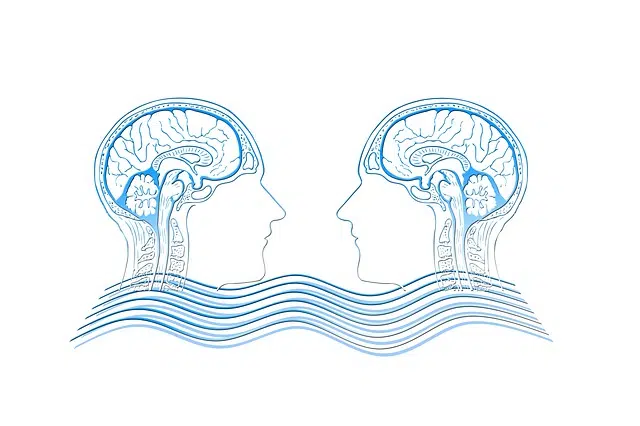
Cognitivism is a psychological current that studies cognition.
Cognitivism is a current of psychology that specializes in the study of cognition (the processes of the mind related to knowledge). Cognitive psychology , therefore, studies the mechanisms that lead to the elaboration of knowledge .
The construction of knowledge involves several complex actions, such as storing, recognizing, understanding, organizing and using the information received through the senses . Cognitivism seeks to understand how people understand the reality in which they live from the transformation of sensory information.
Cognitivism and knowledge
For cognitivism, knowledge is functional since when a subject is faced with an event that he has already processed in his mind (that is, that he already knows), he can more easily anticipate what may happen in the near future.
Knowledge helps people develop plans and set goals, minimizing the chances of experiencing a negative consequence. The behavior of human beings adjusts to the cognitive and expectations of what is known.
The concept in psychology
Cognitivism appears as an evolution of behavioral psychology , since it tries to explain behavior from mental processes. Behaviorists, on the other hand, were based on the association between stimuli and responses.
Cognitive psychologists , therefore, highlight that, depending on the way in which the person processes information and understands the world around them, they develop a certain type of behavior. Human beings contrast new information with their cognitive structure and, from there, shape their actions.
In the Complete Theory of Cognitive Development , developed by the renowned psychologist Jean Piaget, the two attributes that, in his opinion, represent intelligence are exposed: organization , stages of knowledge that lead to various behaviors in each situation; adaptation , which is related to the acquisition of new information and the act of accommodating said information.

For cognitivism, a person's behavior is associated with how they process information.
Relationship of cognitivism with constructivism
According to the paradigm of cognitivism, learning is a process that involves the modification of meanings within the mind, and this occurs intentionally once a person actively interacts with the information they collect from their environment. This point of view emerged at the end of the 1960s, as a transition between the paradigm of behaviorism and current theories of psychopedagogy.
Emilia Ferreiro Schiavi, psychologist and writer born in Argentina in 1936, is an important figure in the study and research of psychology. Regarding cognitivism, he points out that it focuses on mental representation and, consequently, on the dimensions or categories of cognitive, which are perception, attention, language, memory, thinking and intelligence.
Ferreiro also adds that cognitivism usually uses various approaches to explain the learning process, among which is information processing. On the other hand, it is also important to analyze the way in which acts are guided by mental representations and how these are constructed.
Decoding meanings
In short, cognitivism is an independent process that consists of decoding meanings to acquire long-term knowledge and develop strategies to be able to think freely, investigate and learn, and this makes every subject valuable in itself.
The paradigm of constructivism emerges from this, since it is a way of understanding learning as an active process, in which each human being constructs their own reality and their own experiences . For constructivism, each person voluntarily engages with others to learn and generate knowledge, relying fundamentally on feedback to acquire content .
